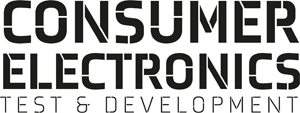The global demand for smart home and intelligent building products is rapidly increasing, driving a critical need for seamless interaction among diverse IoT systems. Modern smart homes rely on a wide range of wireless IoT devices including smart thermostats, automated blinds, door locks, lighting controls, sensors, and meters, that must function harmoniously within one environment.
“The swift growth of the smart home market raises consumer expectations for device interoperability, impacting both technological integration and user experience,” said Jay Yang, Vice President of TÜV Rheinland Greater China Electrical. “TÜV Rheinland bolsters manufacturers with support in standard setting, comprehensive testing and certification, and market entry guidance, thereby enhancing the global competitiveness of smart home products and addressing the escalating demands for smart home integration worldwide.”

